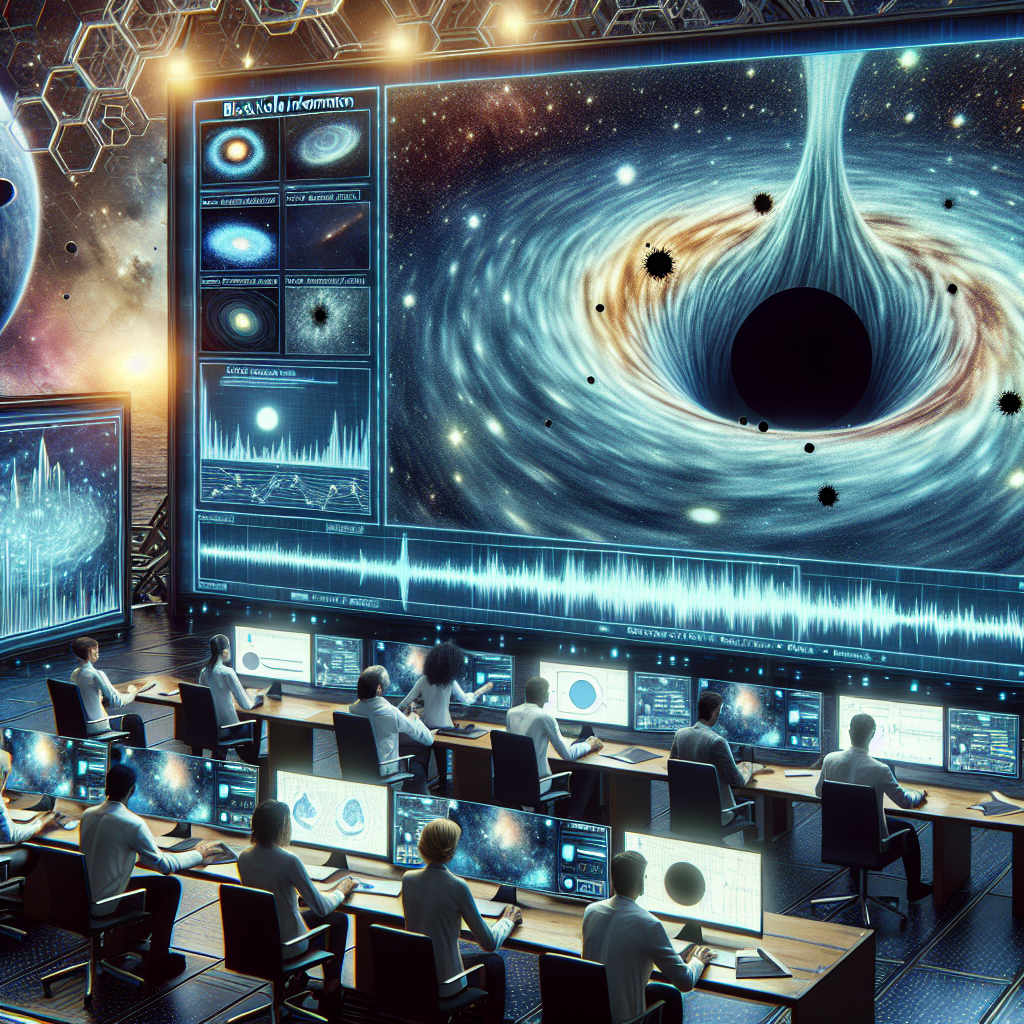NASA Transforms Black Hole Data into Captivating Space Sounds Through Sonification
NASA Transforms Black Hole Data into Captivating Space Sounds Through Sonification
Introduction to Sonification
NASA has embarked on an innovative project to convert data from black holes into sound, a process known as sonification. This initiative aims to make complex astronomical data more accessible and engaging to the public by transforming it into auditory experiences.
The Science Behind the Sounds
Sonification involves translating data collected from space phenomena into sound waves. This process allows scientists and the public to “hear” the universe, offering a new dimension to understanding cosmic events.
- Data from black holes, such as X-ray emissions, are converted into sound frequencies.
- The resulting sounds provide a unique perspective on the behavior and characteristics of black holes.
- This method complements traditional visual data analysis, offering a multisensory approach to space exploration.
Engaging the Public
By transforming complex data into sound, NASA aims to engage a broader audience, including those with visual impairments, in the wonders of space exploration. The sonification project serves as an educational tool, sparking curiosity and interest in astronomy.
- Soundscapes are made available to the public through various platforms, including NASA’s website and social media channels.
- The initiative encourages a deeper appreciation for the intricacies of the universe.
- It also highlights the innovative ways in which technology can be used to enhance scientific communication.
Conclusion
NASA’s sonification project is a groundbreaking effort to make space data more accessible and engaging. By converting black hole data into sound, NASA not only provides a novel way to experience the universe but also fosters a greater public interest in space science. This initiative exemplifies the potential of combining technology and creativity to enhance our understanding of the cosmos.
















